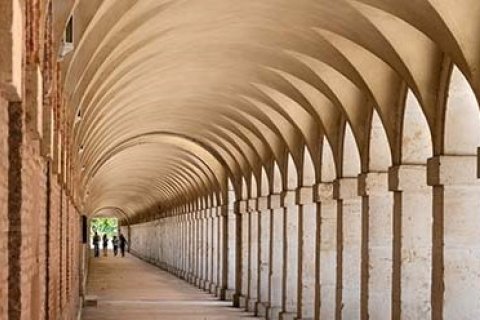Heritage engagement in the age of neoliberalism: theorizing the players, policies and mentalities defining the preservation of the past in the 21st century

Over the past decade the cultural sector across the globe has witnessed a sharp decrease in block funding from the state. In a globalized neoliberal setting characterized by less state and the belief in entrepreneurship, a traditionally state sponsored sector has drastically been reformed. Consequently, museums, art houses and theater companies are not only encouraged to apply for competitive grants and boost the sales of their ticket offices, increasingly they are also required to seek funding beyond traditional public institutions. Private gifts, sponsorship deals and indirect tourism taxes more and more finance the day-to-day operations of many cultural institutions.
This is not different in the heritage sector; restorations of public museums are increasingly financed by large corporations as part of their corporate social responsibility strategies, municipal departments in charge of heritage preservation are indirectly financed through tourism income, and lately historically significant public buildings in need of restorations are bought by developers and become restricted to the public.
This project seeks to understand the new dynamics that flow out of this changing funding of the cultural heritage sector. Although we have attention to the wider neoliberalization of the cultural sector, we will specifically explore the practices of corporate gifting. This is highly poignant not only because private funding is increasingly becoming the backbone of the museum and heritage site, also because theories critically evaluating the heritage sector still largely focus on the nation state and identity politics. We aim to understand the new power relations, how presentations of the culturally laden past are affected, but we also collaborate with heritage institutions and evaluate how the adopt new strategies and (can) ethically cope with the new types of sponsored history.
This project intrinsically takes a global approach, perspectives from the Netherlands will be brought into conversation with developments in Eurasia, Africa and the Americas. Methodologically the project bridges history, archaeology, anthropology and political sciences.
